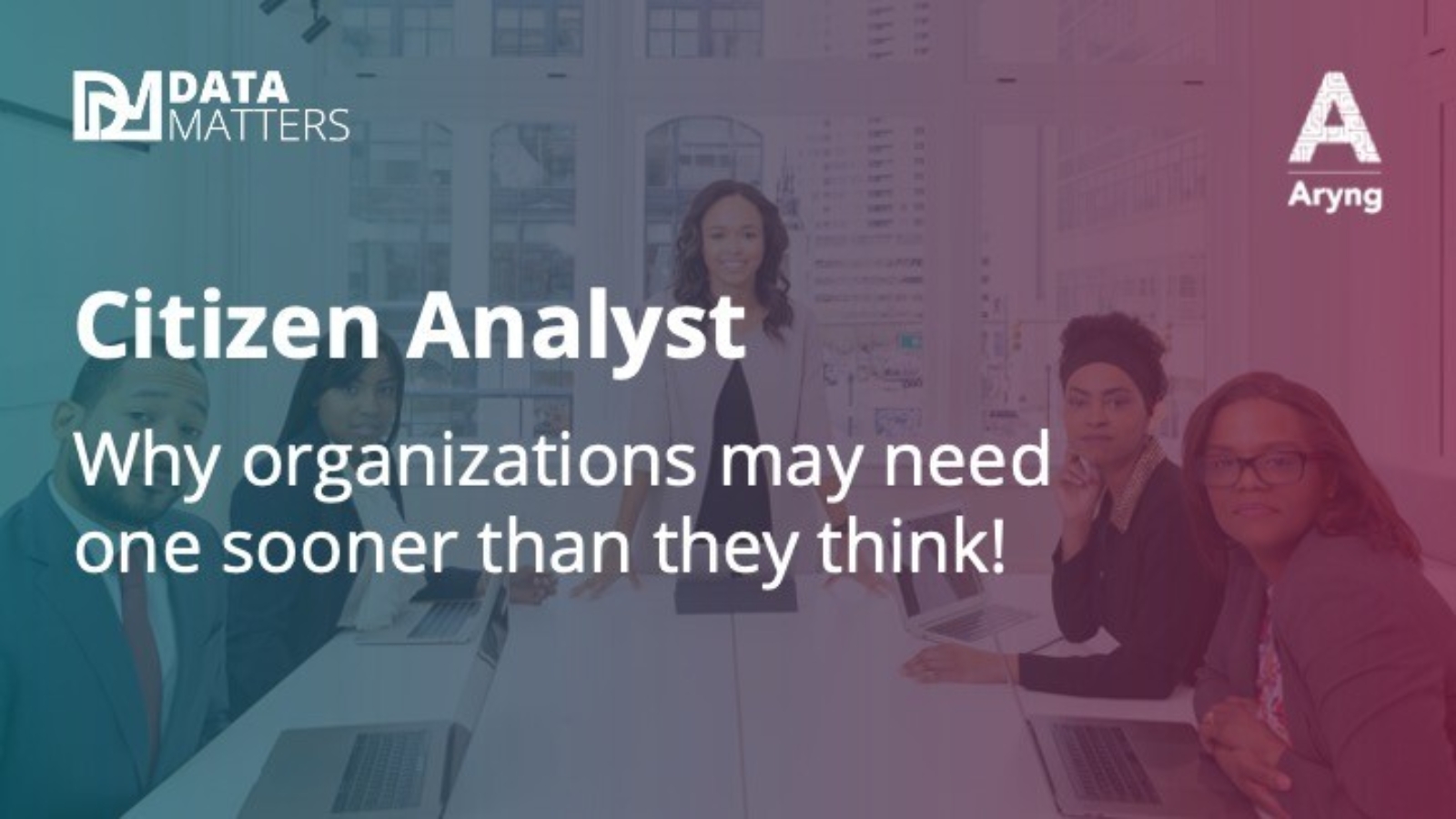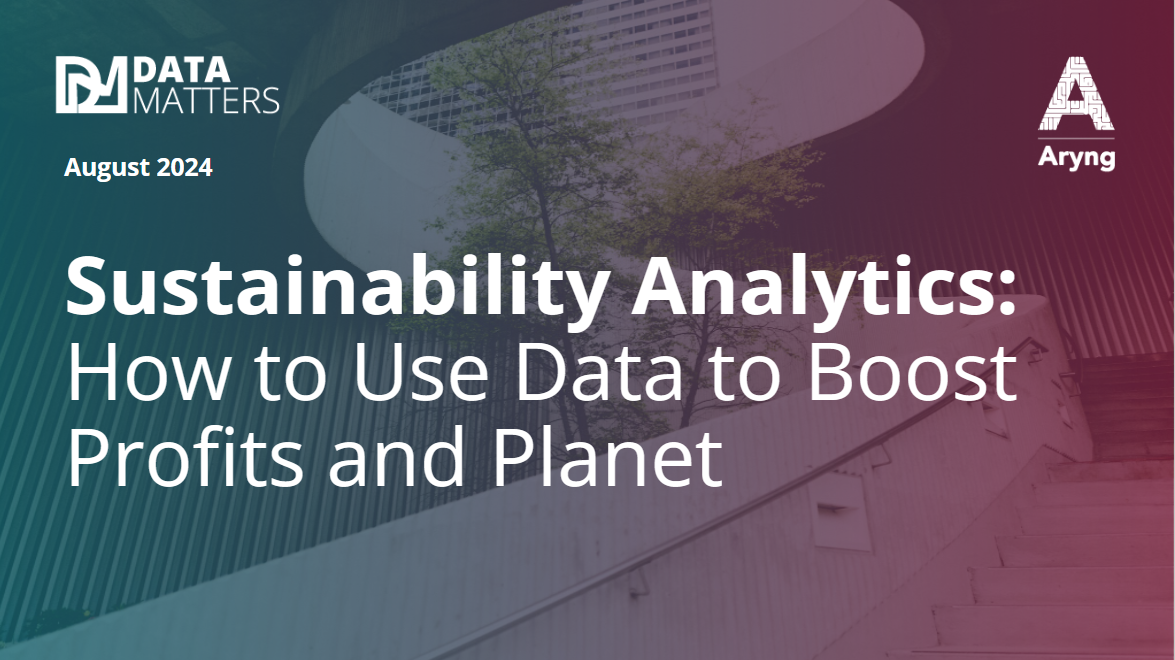First, what is a Citizen Analyst?
People in business functions that are responsible for improving, transforming, or innovating your company’s products and services. They are product managers, marketing leads, customer service leads, operations managers, finance, HR leads, etc.
A member of a project team who understands and represents the interest of the business champions and stakeholders.
We reviewed ten strategic data analytics projects looking specifically at the “Citizen Analyst”, their role on the team, and the difference they made in the outcome of the project.
In these projects, our Citizen Analysts were from Product Management, Marketing, Risk, HR, and Talent Acquisition. They were across industries including financial services, software, entertainment, and healthcare. Collectively, they delivered significant business value – over $50 million in new revenue, plus significant cost reduction, increased customer satisfaction, and customer retention.
So, what did we find? It may not be what you expect.
They consistently brought a mix of skills at the right time. Here are the ones that kept showing up:
Why do you need Citizen Analysts?
They help the team understand the business process and quickly put clear definitions to data. They help prioritize which hypotheses are most useful to evaluate. They communicate the potential impact that recommendation can have so the team can make data-driven decisions. All of this enables your data scientists and data analyst to work much more efficiently.
With a little experience, Citizen Analysts can take a more strategic role in their function and lead initiatives that target their area. Directors and managers can collaborate to set an analytics agenda and empower small project teams to work on initiatives.
Coaching from a data expert should be available as needed. If everyone uses the BADIR framework, it is easier for your data scientist to communicate and coach them at the right time.
You need Citizen Analysts if your goal is to break down data silos and barriers. They accelerate change. Data gets created in one part of an organization and used in another. The Citizen Analysts work across functions to identify the potential of the data.
How to develop Citizen Analysts?
Data analytics is a team sport that requires a mix of talents, not just technical expertise.
Research* shows effectiveness in data analytics requires approximately 30 essential skills:
- 33% cognitive skill (technical)
- 40% intrapersonal skill (individual attributes and self-awareness)
- 26% interpersonal skill (collaborative attributes)
How do you develop 30 skills? It’s exhausting to think about! Learning strategies that try to teach a list of skills are very time intensive and its hard for managers and employees to keep the momentum. The real question is – which skills apply most to the problem or opportunities we want to work on?
When people get to experience using skills, they can learn several skills and they will stick. For example, in our Citizen Analyst certification program, students learn skills in all three categories as they:
- Use the BADIR framework as a team, to solve a problem with data
- Learn by solving multiple business cases
- Do a hands-on project with mentoring from an analytics expert
Citizen Analysts do especially well with a framework like BADIR that establishes effective ways of working together. They have a framework, toolkit, and common language that they continue to use on future analytics projects.
Do an assessment to get started. Also, use it to spot people with an aptitude for analytics. Then develop them through training that is paired with a hands-on project. Most analysis problems can be solved with a few common methodologies. Data literacy skills can be learned at the start of the project.
Finally, at Aryng, we define data literacy as unlocking new business value through data. Data literate is a term we confer upon groups, communities, or organizations that achieve this.
That is why you need Citizen Analysts, sooner than you think.
For more information on Citizen Analyst assessments, case-based training, project mentoring, or certification, please visit us at aryng.com, or contact Susan Stocker at susan@aryng.com.
Subscribe to Aryng’s Blog for more related content.




